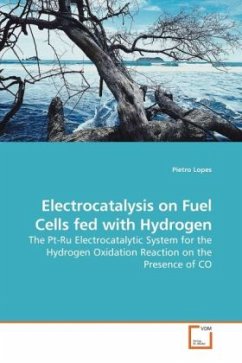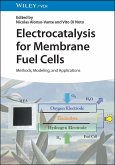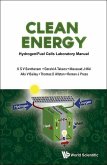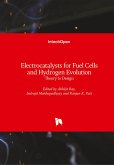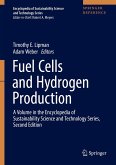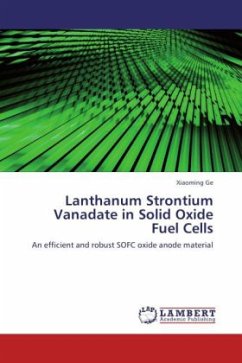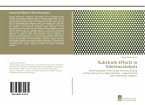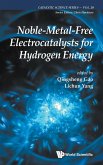Fuel Cells has attracted a lot of attention in past few years as energy conversor devices that use the energy content of chemical reactants to generate electric energy and heat with higher efficiency and minimum pollution emission. The use hydrogen as fuel provides the highest power density compared to methanol or ethanol, although its production by the steam reform process leads to a CO content that is poisonous to the anode electrocatalysts. The use of PtRu/C nanoparticle alloys present a higher CO tolerance than the regular Pt/C electrocatalysts, while the understanding of the tolerance mechanisms in this type of materials is still unclear. This book present a set of the materials synthesis, characterization and anode performance data on fuel cells, together with new observed phenomenons of CO electro-reduction during the hydrogen oxidation and distinct spontaneous potential oscillations, that allows all professionals involved in the Fuel Cell technology (from engineers, chemists and materials scientists) to comprehend the operating mechanisms and what is the best electrocatalysis strategy to improve the CO tolerance.
Bitte wählen Sie Ihr Anliegen aus.
Rechnungen
Retourenschein anfordern
Bestellstatus
Storno

